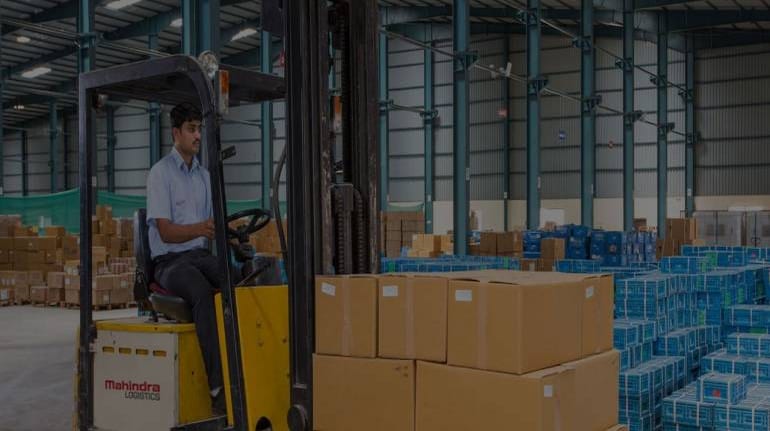



Indian logistics startups are faced with uncertainty over the impact of the coronavirus--they may see a temporary spike in demand as people stock up but it may be followed by a slowdown due to supply constraints.
The logistics space--broadly divided into ecommerce delivery, trucking and overseas freight transport --are all battling unique challenges and are unable to ascertain the impact of the highly contagious virus that has now spread to 150 countries and territories.
For instance, mobile phones and electronics are the largest selling categories on ecommerce portals. But in China, which is the manufacturer of most of these phones and the epicentre of the outbreak, factories have been shut for two months, making delivery startups such as Delhivery, Ecom Express and Xpressbees nervous.
“Our numbers saw a bit of slowdown in February. But volumes could have an impact of around 10-15 percent during March and April. If supply from China is not resumed and inventory gets exhausted, then the industry could feel the pressure,” said K Satyanarayana, co-founder and director, Ecom Express.
China is also a supplier of empty containers, crucial to the freight and shipping networks.
Track this blog for live updates on coronavirus outbreak
Containers are emptied after the cargo is received by importers. With imports from China seeing a major slowdown, there was a huge shortage of empty containers that had limited the exporters’ ability to service their orders, Freightwalla co-founder and CEO Sanjay Bhatia said.
There was additional pressure, too, because “exporters are trying to close their books on a high note in March, there is a seasonally high demand for containers at this time”, Bhatia added.
But both Satyanarayana and Bhatia are hopeful that as China begins to get back to work, supply issues will be resolved in a month or so.
In the last few weeks, Europe has emerged as the epicentre of the outbreak, with deaths and infections in China dropping sharply.
Global deaths and infections have now overtaken those reported in China. The virus that causes respiratory distress has infected more than 182, 400 people across the world and killed over 7,100, according to Johns Hopkins University.
India on March 17 reported its third death and has, so far, confirmed 125 infections.
A top executive at a major logistics startup told Moneycontrol that the effect of the virus had not hit the industry yet.
“They are riding a temporary high of increased shipping demand from FMCG companies driven by the artificial demand for grocery and daily consumption items. However, looking at the overall macroeconomic situation and the emerging stress on the industrial sector, the logistics industry might see a slowdown in the next quarter,” the person said on condition of anonymity.
The virus could be bad news for the industry already reeling under slowing growth in sectors such as manufacturing and core industries. Even for freight players, orders had fallen from 10-40 percent, the executive said.
Even if the supply situation gets better, these companies are preparing for the worst.
“We are taking steps to ensure business continuity and no disruption to operations. We run a hub-and-spoke model, so we are planning to bypass affected critical operational spokes and fulfil the value chain if there is such a development,” said Satyanarayana.
He said employees and service partners, especially transport vendors, had been briefed and were on board to respond quickly to any crisis arising out of the outbreak
A hub-and-spoke model involves a larger hub becoming a single point of contact for the multiple smaller places (spokes), whose supply it is responsible for.
While ports have not taken any action yet, they should announce some measures, too, to make supply and freight smoother, Bhatia said.

Discover the latest Business News, Sensex, and Nifty updates. Obtain Personal Finance insights, tax queries, and expert opinions on Moneycontrol or download the Moneycontrol App to stay updated!
Find the best of Al News in one place, specially curated for you every weekend.
Stay on top of the latest tech trends and biggest startup news.